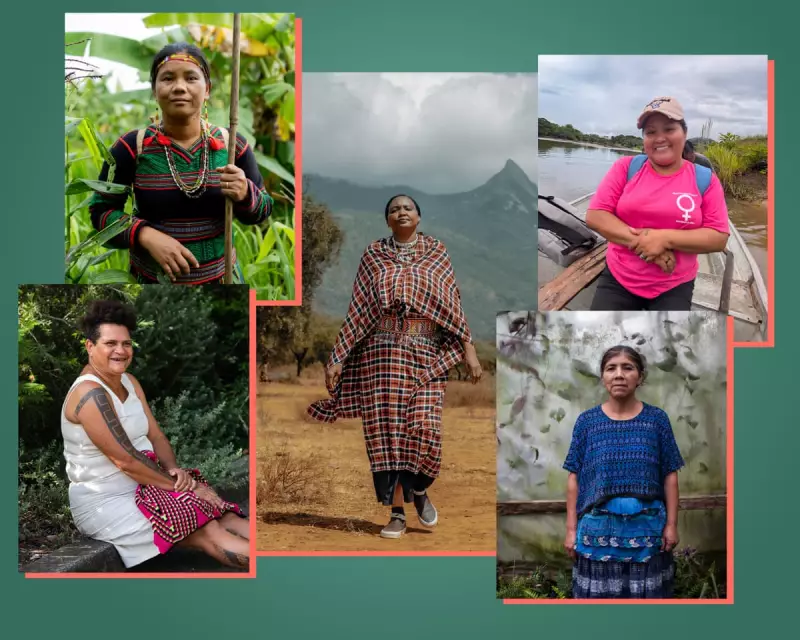
From the depths of the Amazon rainforest to the remote islands of the Philippines, a powerful movement is being led by a force often overlooked: Indigenous women. These guardians are standing on the front lines of an existential battle, defending their ancestral territories, rich cultural heritage, and very way of life from relentless threats.
The Unseen Backbone of Communities
These women are far more than activists; they are the foundational pillars of their communities. They embody a deep, intergenerational knowledge of the land, possessing unique insights into sustainable agriculture, natural medicine, and biodiversity conservation passed down through centuries.
Yet, their role as protectors comes at a grave personal cost. They routinely face intimidation, violent evictions, and even assassination attempts from those seeking to exploit their resources. Despite this, their resolve remains unbroken, driven by a profound duty to safeguard the Earth for future generations.
Confronting Giants: Mining, Logging, and Land Grabs
The threats are vast and interconnected. Massive industrial projects, including aggressive mining operations, illegal logging, and large-scale agricultural land grabs, are decimating pristine ecosystems. These activities not only destroy the environment but also sever the deep spiritual and cultural connections Indigenous peoples have with their land.
Indigenous women are organising, using a blend of traditional wisdom and modern tools to fight back. They are documenting abuses, leading peaceful protests, navigating complex legal systems, and harnessing technology like GPS mapping to assert their land rights and expose environmental crimes to the world.
More Than Environmentalism: A Fight for Life and Culture
This struggle transcends what many recognise as standard environmentalism. For these communities, land is not a commodity; it is inextricably linked to their identity, spirituality, and survival. The destruction of a sacred forest or the pollution of a river is a direct attack on their culture and existence.
By protecting their territories, these women are also acting as vital stewards for the entire planet. Indigenous lands hold a significant portion of the world’s remaining biodiversity and carbon sinks, making their work a crucial buffer against global climate collapse.
A Call for Recognition and Solidarity
Their message to the global community is clear: recognise our land rights, include us in decision-making processes, and support our leadership. True progress requires listening to and amplifying the voices of those who have protected these lands for millennia.
Their courageous fight is not just their own—it is a battle for the health of our planet and a testament to the enduring power of matriarchal leadership in the face of overwhelming odds.





